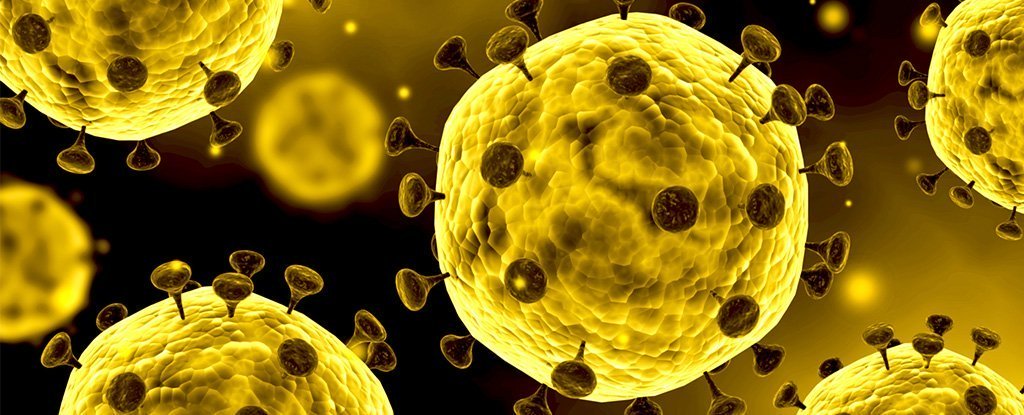Michael Levitt, a Stanford biophysicist who was awarded the Nobel Prize in Chemistry in 2013, has made a bold statement that the end of COVID-Michael Levitt, a Stanford biophysicist who was awarded the Nobel Prize in Chemistry in 2013, has made a bold statement that the end of COVID-19 pandemic could be near and has cited China’s curve flattening to support his hypothesis, reported the Los Angeles Times.
“What we need is to control the panic,” he said. In the grand scheme, “we’re going to be fine. He firmly believes the social distancing measures are working.
Levitt accurately forecasted the deceleration in confirmed cases and deaths in early February in China. He said the initial infection rate in China’s Hubei province was 30% per day, but on February 7, something changed:
“The number of new infections started to drop linearly and did not stop,” Levitt said. “A week later, the same happened with the number of deaths. This dramatic change in the curve marked the median point and enabled better prediction of when the pandemic will end. Based on that, I concluded that the situation in all of China would improve within two weeks. And, indeed, now there are very few new infection cases.”
Levitt reviewed data from 78 countries that reported more than 50 new confirmed cases of the virus per day and said he notices deceleration in many of these countries. He said he’s not focused on overall cases or deaths but rather on growth rates
Levitt has gone on the record to say that the virus outbreak could disappear from China by the end of March.
He said most individuals are immune to COVID-19 and pointed out that only 20% of the passengers on the Diamond Princess contracted the infection.
He said in South Korea, confirmed cases are still being reported daily, though, in recent weeks, new cases per day have inched below 200, suggesting the outbreak is slowing.
Levitt said recent trends in confirmed cases in Iran point to a slowdown. He said it suggests the outbreak there “is past the halfway mark.”




